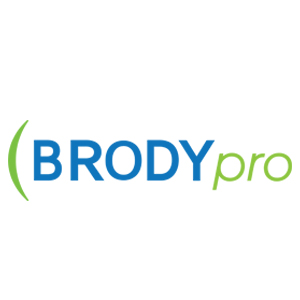 Although everyone on Earth has an opinion on a multitude of subjects, for many people, few things are as intimidating as being asked for theirs — that is being asked to share an opinion in a business/corporate meeting filled with potential new clients, department heads, or company policy makers.
Although everyone on Earth has an opinion on a multitude of subjects, for many people, few things are as intimidating as being asked for theirs — that is being asked to share an opinion in a business/corporate meeting filled with potential new clients, department heads, or company policy makers.
Yes, being asked your opinion on direction, new policies, what monies to allocate, which projects to fund, which department to phase out, etc., can be daunting, but it can also be your time to shine.
It’s your time to make a favorable impression; it’s your time to make a worthwhile contribution and perhaps help steer the course of your company (and your career) in the direction you truly believe is best.
In short, being asked for your opinion is a golden opportunity. But, what if your opinion turns out to be unfounded, different from everyone else’s, politically incorrect, or not based on the current facts? What if offering your opinion puts your well-dressed neck on the proverbial chopping block?
Well, we can’t help you with the politically incorrect factor, but here at BRODY we have come up with a system for navigating the potential landmine of “What do you think?” in the most effective manner possible. We call it PREP, and as the acronym suggests, it involves some preparation.
After all, you don’t want to answer the question, “What do you think …?” with what a recent article in CNN Opinion calls “The three scariest words: I don’t know.”
Let’s get right into the PREP model so you’re never forced to mutter those three terrifying words! (Tongue firmly in cheek here, of course.)
PREP is:
Point of view. Remember, this is what you believe, it’s your opinion, so you could use these phrases: “I believe that …” or, “We have several options, but the one I support is …” This is a non-confrontational, non-arrogant, and clearly thoughtful way of expressing an opinion. But, you’d better be ready to back these statements up, so that moves us on to the “R” in PREP …
Reasons. A well-considered opinion must be founded on something. Perhaps as CEO, you can get away with “going with your gut.” For the rest of us, however, we need logical reasons that support our argument. Do you have any information or data that supports your opinion? Know it cold! Reasons are the foundation of a “well-reasoned” argument. In other words, reasons, along with your confidence and professional demeanor, can do a lot to persuade and convince others that your opinion has merit — as do you!
Example/Explanation. Can you give any personal examples or further explanation that supports your opinion? We are wired to learn by stories. A powerful story as an example can do more to get your point across than all the data in the Encyclopedia Britannica.
Point of View. Yep, you’re going to restate it at the end, bringing things full circle and leaving no doubt as to where you stand. “Those are all the reasons I believe that our best course of action is … .”
Now, how do you prep for PREP? I’ll cover that in the next blog post. For more information on effectively speaking up during meetings, speech preparation and other presentation skills tips, you can check out my book Speaking is an Audience-Centered Sport. BRODY also offers a wide variety of presentation skills training programs.
